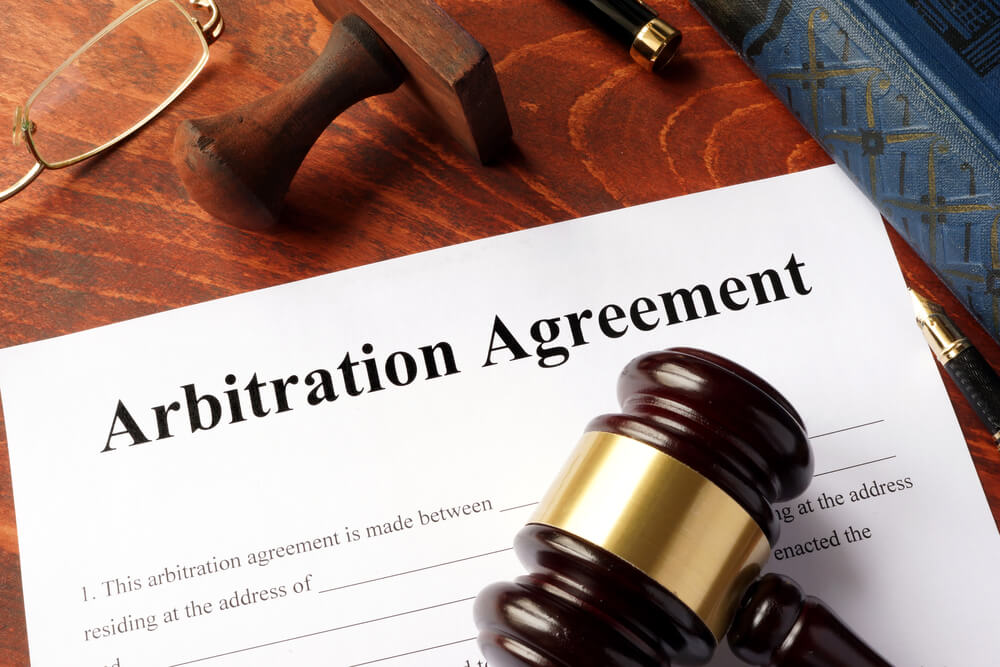When involved in any lawsuit, it’s important to understand the differences between mediation vs. arbitration. Mediation and arbitration are both forms of alternative dispute resolution (ADR), but they differ in important ways, and the choice between the two (if available) will depend on the specific circumstances of the case.
What Is Mediation?

Mediation is a form of (ADR) that is proposed by many attorneys (and sometimes required by the judge) as an option for the parties to schedule a day to resolve their differences. The mediator is a third-party neutral, unconnected to either side (many times a well-respected attorney or retired judge) who is hired to assist the parties in negotiating a settlement of their disputes. Mediations are protected by Rule of Evidence 408, which essentially means, “what happens in the mediation, stays in the mediation” and cannot be used as evidence in a future proceeding, like a trial.
The goal of a mediation is to help the parties reach a mutually acceptable resolution, which ends the case. The mediator helps the disputing sides communicate with each other and may offer suggestions for resolving the dispute. However, the mediator does not have the power to make a binding decision and tell the parties how it is and will be—unlike a judge or a jury. The parties themselves must both agree to any settlement proposal to end the case.
Mediation can be a valuable tool for parties involved in a legal dispute. In addition, mediation allows the parties to have more control over their own respective case destinies. Despite these honorable intentions, mediations are not always successful.
What Is Arbitration?

Arbitration is another form of (ADR) that takes place outside of our public court system. In arbitration, the arbitrator essentially acts like a private judge by listening to the evidence and arguments from both parties involved in a dispute and makes a final, binding decision (which is usually confidential), during the arbitration proceeding, which is similar to a trial. Sometimes, employers actually make their employees sign binding arbitration agreements that force the employee into arbitration as a condition of accepting employment.
Before the trial-like arbitration even takes place, months of preparation/steps need to occur first. These steps can include:
- The parties attempt to agree (usually by submitting their rankings from a list) on an arbitrator, who, when selected, will serve as the “judge.”
- A discovery process—where documents are exchanged and questions are answered.
- The arbitrator submitting a final, binding decision (usually written) after all the evidence is presented in the arbitration, weeks after.
Arbitration can be faster and less expensive than court. However, the parties have less control over the process and the outcome than they would in a mediation. In addition, the decision of the arbitrator is usually final and binding, and there is a very limited ability to appeal the decision.
If you want to learn more about mediation vs. arbitration, contact our team today!


